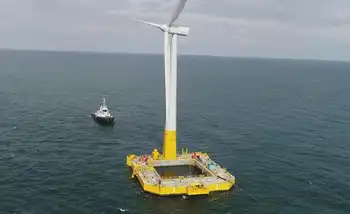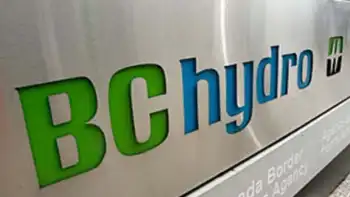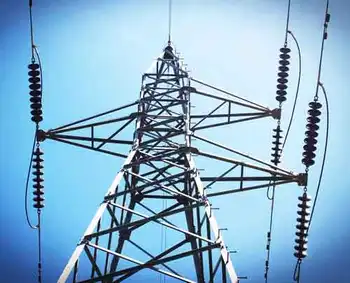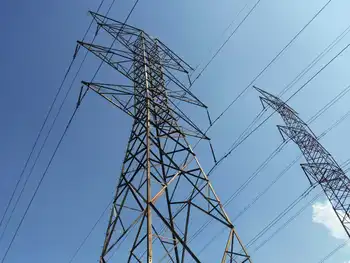Smart Meter Pilot Projects are Enabling Government to Leverage Lessons Learned in Moving Forward with Broader Smart Meter Implementation Plan
TORONTO, ONTARIO - Ontario's local electricity distribution companies (LDCs) are introducing innovative energy conservation programs in their communities, including smart meter pilot projects, designed to support the creation of a 'conservation culture' in Ontario, says the Electricity Distributors Association (EDA).
The provincial government introduced conservation legislation that will further facilitate electricity distributors' involvement in conservation measures and also provide the framework for the implementation of the government's smart meter initiative.
"The electricity distribution sector recognizes the importance of substantial and timely conservation measures in the face of Ontario's supply challenges," says EDA Chair Robert Mace. "With this in mind, distributors are committed to helping consumers better manage their electricity use by providing the information and tools that will help customers save money on their electricity bills."
Over $160 million in LDC conservation and demand management programs were approved by the Ontario Energy Board this past spring, and include a wide range of initiatives and activities, from appliance rebate programs and energy efficient lighting promotions to smart meter pilot projects. Distributors are also looking at their own operations and making improvements in system operations and loss reduction.
As part of the broader 'conservation' initiative, close to 50 LDC smart meter pilots are underway, or are about to be launched, in communities across the province.
"Ontario's electricity distributors are doing their part to ensure that this important government initiative is in place," explains Mr. Mace. "Most importantly, ongoing smart meter pilots are going to provide the all-important 'lessons,' or best practices, that should be used in the development of the government's broader implementation plan. Distributors have a fundamental contribution to make on this front and it will be important for government to leverage this expertise."
Many of the details on precisely how smart meters will be implemented and managed are still in the process of being formulated within government. Ontario's electricity distributors hope that this week's legislation will provide clarification on these outstanding matters.
"Ontario's electricity distributors have a critical contribution to make and role to play in ensuring the success of the government's smart meter initiative," says EDA CEO, Charlie Macaluso. "We are prepared to fulfill our ownership role of coordinating the installation, monitoring, and servicing of smart meters with the support of other key players, including government and industry regulators, who will be key facilitators in moving this plan forward."
The Electricity Distributors Association (EDA) is the voice of Ontario's local electricity distributors, the publicly and privately owned companies that safely and reliably deliver electricity to over four million Ontario homes, businesses and public institutions. The EDA provides members with advocacy and representation in the legislative and regulatory environment and the electricity market in Ontario.
Related News

France’s first offshore wind turbine produces electricity
PARIS - Floating offshore wind turbine Floatgen, the first offshore wind turbine installed off the French coast, exported its first KWh to the electricity grid.
The connection of the electricity export cable and a final series of tests carried out in recent days enabled the Floatgen wind turbine, which is installed 22 km off Le Croisic (Loire-Atlantique), to become fully operational on Tuesday 18 September.
This announcement is a highly symbolic step for the partners involved in this project. This wind turbine is the first operational unit of the floating foundation concept patented by Ideol and built in concrete by Bouygues Travaux…




